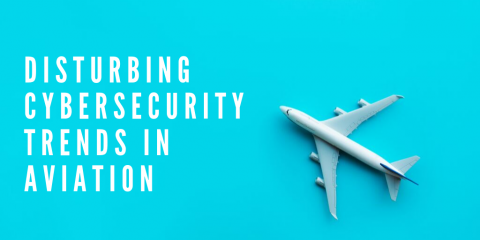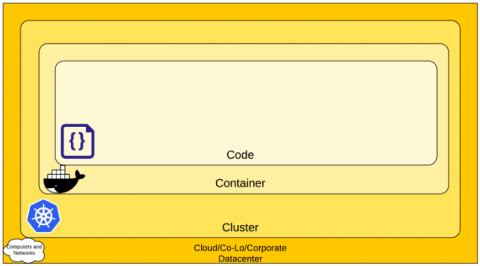Undivided we fall: decoupling network segmentation from micro-segmentation in the software defined perimeter
As of today, no laws or regulations, even the latest version of PCI-DSS, HIPAA, and HITECH, do not make network segmentation or micro-segmentation compulsory to comply with the rule. By making network segmentation discretionary -- even when transmitting, processing, or storing regulated data, the number of breaches will continue to rise as companies err on the side of doing less with more.









